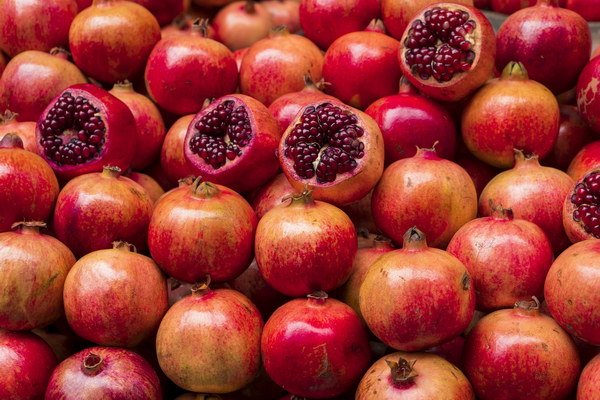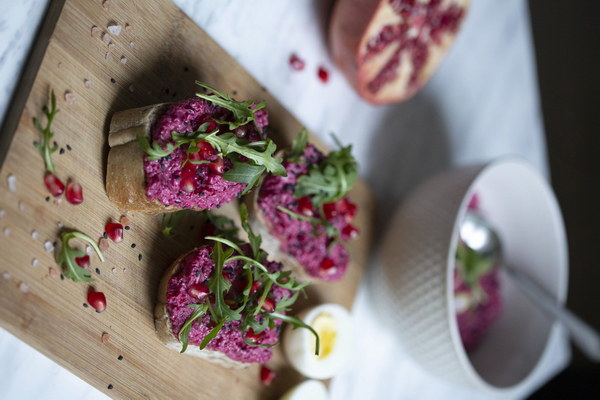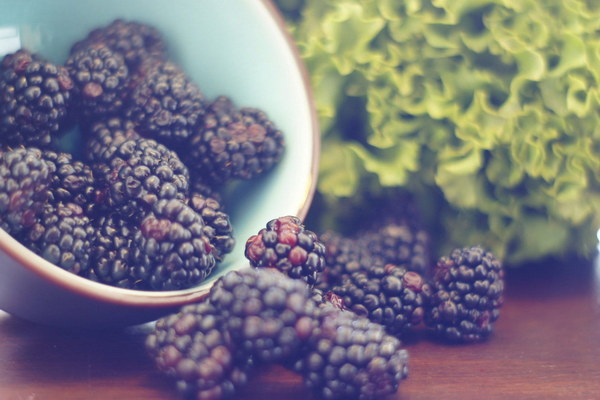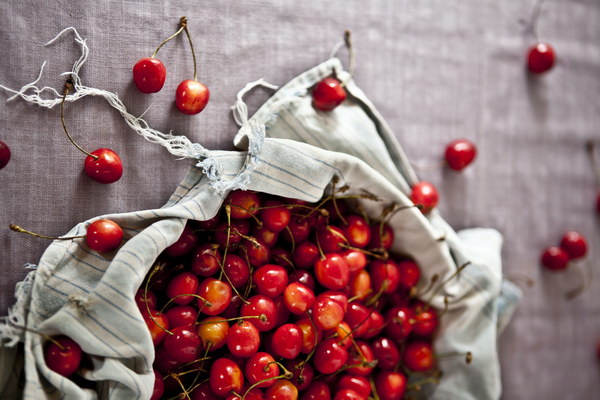Nourish Your Stomach and Strengthen Your Spleen A Traditional Chinese Soup Recipe for Digestive Health
In the realm of Traditional Chinese Medicine (TCM), the concept of balancing the body's internal environment is paramount. One of the most fundamental principles is to nourish the stomach and strengthen the spleen, which is crucial for maintaining overall health and vitality. To achieve this balance, a traditional Chinese soup known as Yang Wei Ji Yan Tang (Nourish the Spleen and Stomach Soup) has been used for centuries. Here's how to prepare this timeless recipe for digestive health.
Ingredients:
- 1 pig's stomach (cleaned and cut into small pieces)
- 50g of ginseng root
- 30g of codonopsis pilosula (dang shen)
- 20g of astragalus (huang qi)
- 15g of Chinese yam (shan yao)
- 10g of atractylodes macrocephala (baizhu)
- 5g of dried dates (shan zao)
- 5g of goji berries (gou qi zi)
- 10g of dried ginger (gan jiang)
- 10g of Chinese angelica (dang gui)
- 10g of safflower (hong hua)
- 500ml of water
- Salt to taste
Preparation:
1. Begin by cleaning the pig's stomach thoroughly, cutting it into small, bite-sized pieces, and boiling it in water for about 30 minutes. This process removes impurities and helps to tenderize the meat.
2. In a separate pot, add the cleaned pig's stomach and the following herbs: ginseng root, codonopsis pilosula, astragalus, Chinese yam, atractylodes macrocephala, dried dates, goji berries, dried ginger, Chinese angelica, and safflower.
3. Pour in 500ml of water, and bring the mixture to a boil.
4. Once boiling, reduce the heat and let the soup simmer for about 2 hours. This allows the herbs to infuse their flavors and medicinal properties into the meat and water.
5. Finally, taste the soup and add salt to taste. You can also add a small amount of sesame oil for extra flavor if desired.
6. Serve the soup warm, and enjoy its nourishing and soothing qualities.
Benefits:
The Nourish the Spleen and Stomach Soup is a powerhouse of nutrients that support digestive health, boost the immune system, and promote overall well-being. Here are some of the key benefits of its ingredients:
- Ginseng Root (Ren Shen): Known for its rejuvenating properties, ginseng root strengthens the immune system, boosts energy, and improves cognitive function.
- Codonopsis Pilosula (Dang Shen): This herb supports the spleen and helps regulate the body's energy, enhancing digestion and reducing fatigue.
- Astragalus (Huang Qi): With its immune-boosting properties, astragalus helps combat infections and strengthens the body's defense mechanisms.
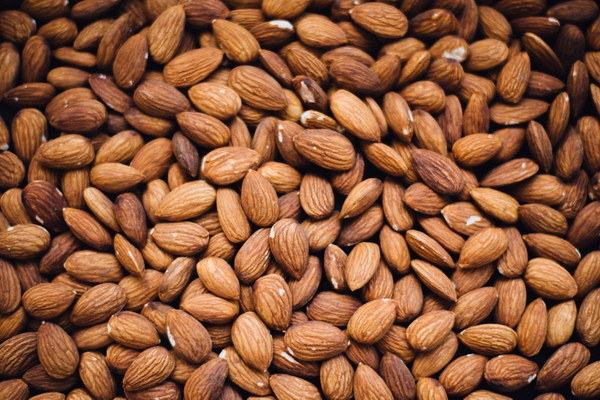
- Chinese Yam (Shan Yao): This root vegetable is rich in vitamins and minerals, and helps to nourish the spleen, stomach, and kidneys.
- Atractylodes Macrocephala (Baizhu): Known for its ability to stimulate the spleen and stomach, baizhu helps to alleviate bloating, gas, and indigestion.
- Dried Dates (Shan Zao): These fruits are rich in fiber and help to promote bowel movements, while also providing essential nutrients.
- Goji Berries (Gou Qi Zi): Packed with antioxidants, goji berries enhance the immune system and promote longevity.
- Dried Ginger (Gan Jiang): This aromatic spice helps to warm the body, improve circulation, and alleviate digestive issues.
- Chinese Angelica (Dang Gui): Known for its blood-boosting properties, dang gui helps to alleviate anemia and improve overall vitality.
- Safflower (Hong Hua): This herb is believed to improve blood circulation and reduce inflammation, which can help alleviate bloating and gas.
By incorporating the Nourish the Spleen and Stomach Soup into your diet, you can enjoy the benefits of traditional Chinese medicine and promote a healthy, balanced digestive system. Remember, consistency is key, so make this soup a regular part of your meal plan to reap the long-term benefits.


